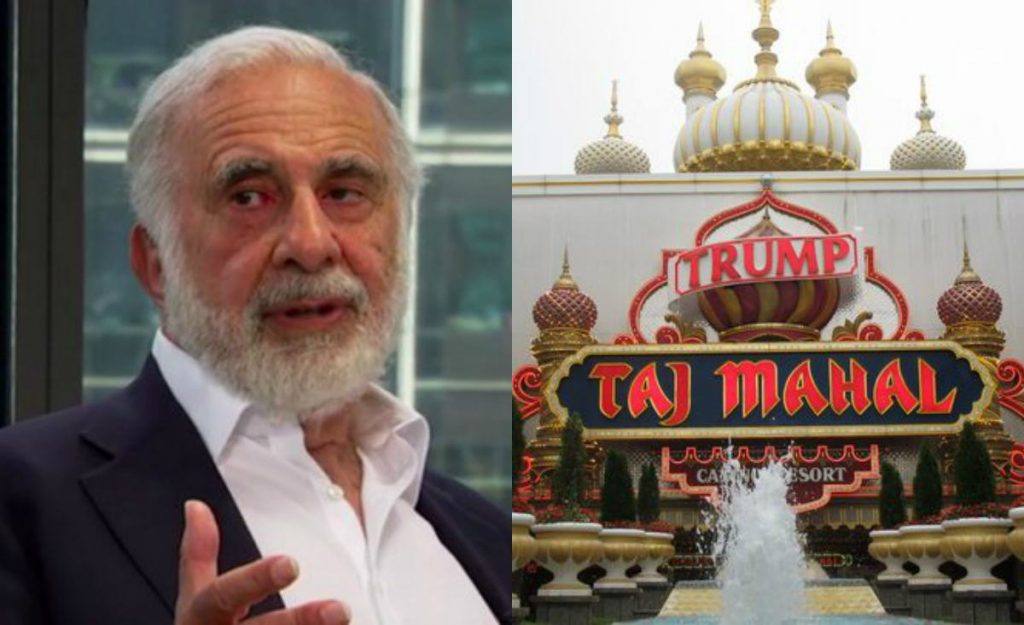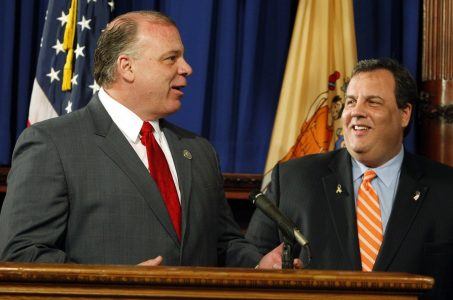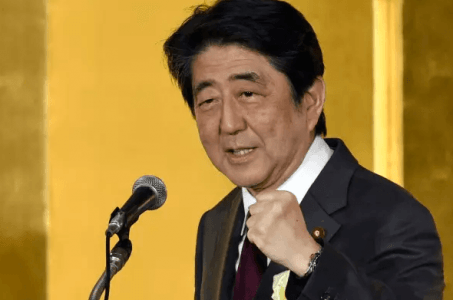For Sale: Trump Taj Mahal, as Carl Icahn Looks to Sell President-Elect’s Former Property
Posted on: December 21, 2016, 03:08h.
Last updated on: December 21, 2016, 03:11h.
UPDATE: December 21, 2016: Carl Icahn is reportedly under consideration for an unofficial, unpaid side gig with the Trump administration: that of a regulatory adviser. As a fellow billionaire and real estate and casino tycoon of many decades, Icahn would fit in well with Trump’s vision to lighten the regulatory load that was enhanced by President Obama, and make it easier for US businesses to compete in the global economy.
Speaking to The Wall Street Journal today, Icahn said of the possible appointment: “I’m involved with Donald where he wants me to be – I believe he respects my views and I think he listens to me. What Trump is trying to achieve is to show business[es] in a lot of this country they aren’t going to be ruined by absurd regulation by bureaucrats.”
——————————————-
The Trump Taj Mahal in Atlantic City is up for sale. Though you can’t travel to the beachfront casino and stay at the shuttered resort, you can reportedly buy the entire thing for the right price.

Earlier this week, the New Jersey Legislature passed a bill introduced by State Senate President Stephen Sweeney (D-District 3) that will prevent any casino owner who “substantially closed” a gambling floor from reopening the facility for a minimum of five years. If signed into law by Governor Chris Christie (R), the legislation will impact exactly one man: billionaire Carl Icahn.
“Substantially closed” will be defined by the state’s Division of Gaming Enforcement (DGE). Though five casinos in Atlantic City have closed since 2014, Sweeney’s decree would only impact those who shut down after January 2016.
“The bill is another absurd antic by Sweeney that will hurt Atlantic City,” Icahn told The New York Post this week.
Icahn Folds
Icahn acquired the Trump Taj Mahal through his purchase of Trump Entertainment Resorts earlier this year. But following a nasty public dispute with the local workers union representing some 1,000 employees at the property, the serial investor closed the resort and put nearly 3,000 out of work.
Rumors had been surfacing that Icahn was looking to reopen the Taj Mahal in 2017 under new labor terms and free of any union that might hamper his operations. But just 24 hours after Sweeney’s bill received the blessings of both chambers of the Legislature, Icahn is mulling a sale and taking offers.
“He is in dialogue with operators,” a source told The Post.
Sweeney’s bill does nothing to prevent Icahn from selling the Trump Taj and its gaming license to another gaming enterprise like Caesars or MGM. The DGE, however, would have to approve the new operator.
Sweeney’s bill still requires the signature of Christie to become law, and it’s unclear where the governor stands on the issue. Should he veto the measure, the heavily Democratic Legislature might have the required votes for an override, which might be one reason why Icahn is moving forward with looking to unload the property.
Business as Usual
Atlantic City is in need of desperate help to remain a viable tourist destination. Revenues have plummeted over recent years, and Christie’s administration assumed control of the gambling town’s operations this fall.
Businesspersons in the region say both the state and city are doing little to help in its recovery.
Florida-based developer Glenn Straub sued New Jersey in November on claims that the state is blocking his attempts to reopen the former Revel Casino under the new name TEN. “This is just one more example of New Jersey’s anti-business attitude,” Straub said last summer.
Icahn agrees that businesses today are overregulated. He said recently that politicians who know nothing about business are causing economic hardships across the country.
Roughly 40 percent of the laid-off Taj workers remain out of work according to union Local 54 Unite-HERE.
Related News Articles
Japan Snap Election Threatens to Pigeonhole Casino Regulation Rollout
Most Popular
FTC: Casino Resort Fees Must Be Included in Upfront Hotel Rates
Genovese Capo Sentenced for Illegal Gambling on Long Island
NBA Referees Expose Sports Betting Abuse Following Steve Kerr Meltdown
UPDATE: Former Resorts World & MGM Grand Prez Loses Gaming License
Most Commented
-
UPDATE: Whiskey Pete’s Casino Near Las Vegas Closes
— December 20, 2024 — 30 Comments -
Caesars Virginia in Danville Now Accepting Hotel Room Reservations
— November 27, 2024 — 9 Comments -
UPDATE: Former Resorts World & MGM Grand Prez Loses Gaming License
— December 19, 2024 — 8 Comments -
FTC: Casino Resort Fees Must Be Included in Upfront Hotel Rates
— December 17, 2024 — 7 Comments
















No comments yet